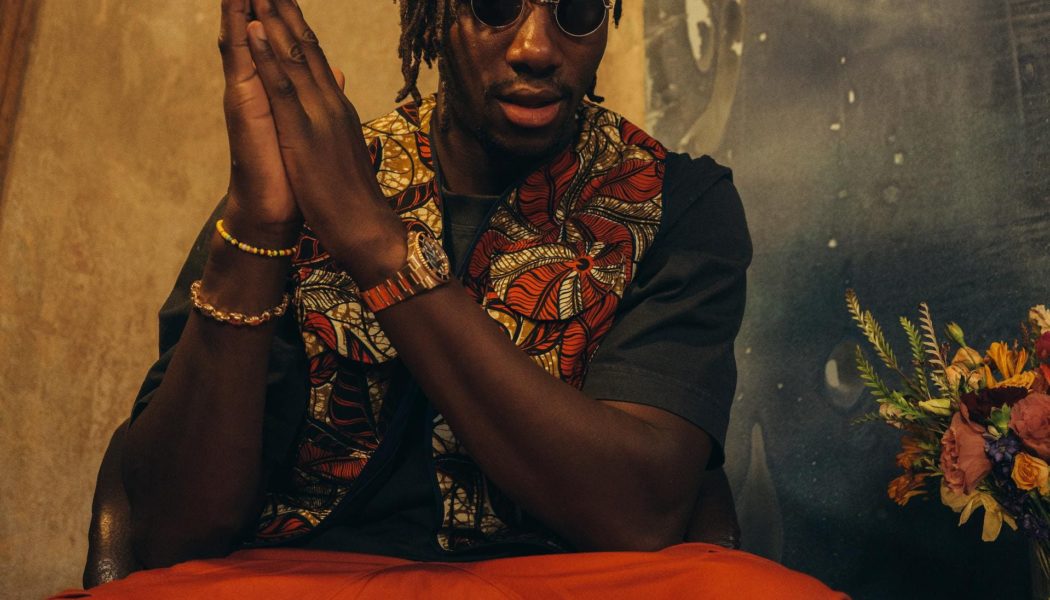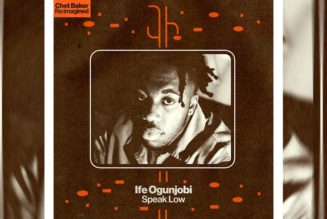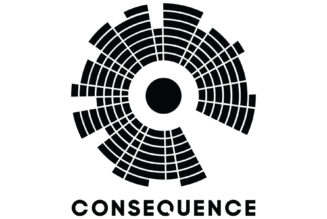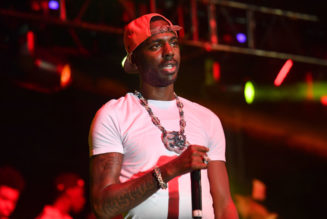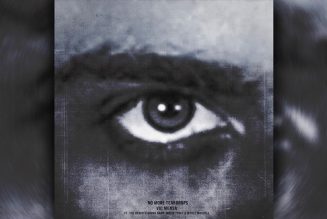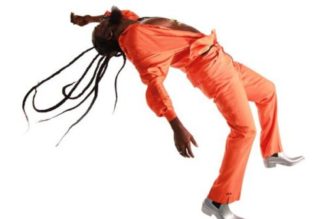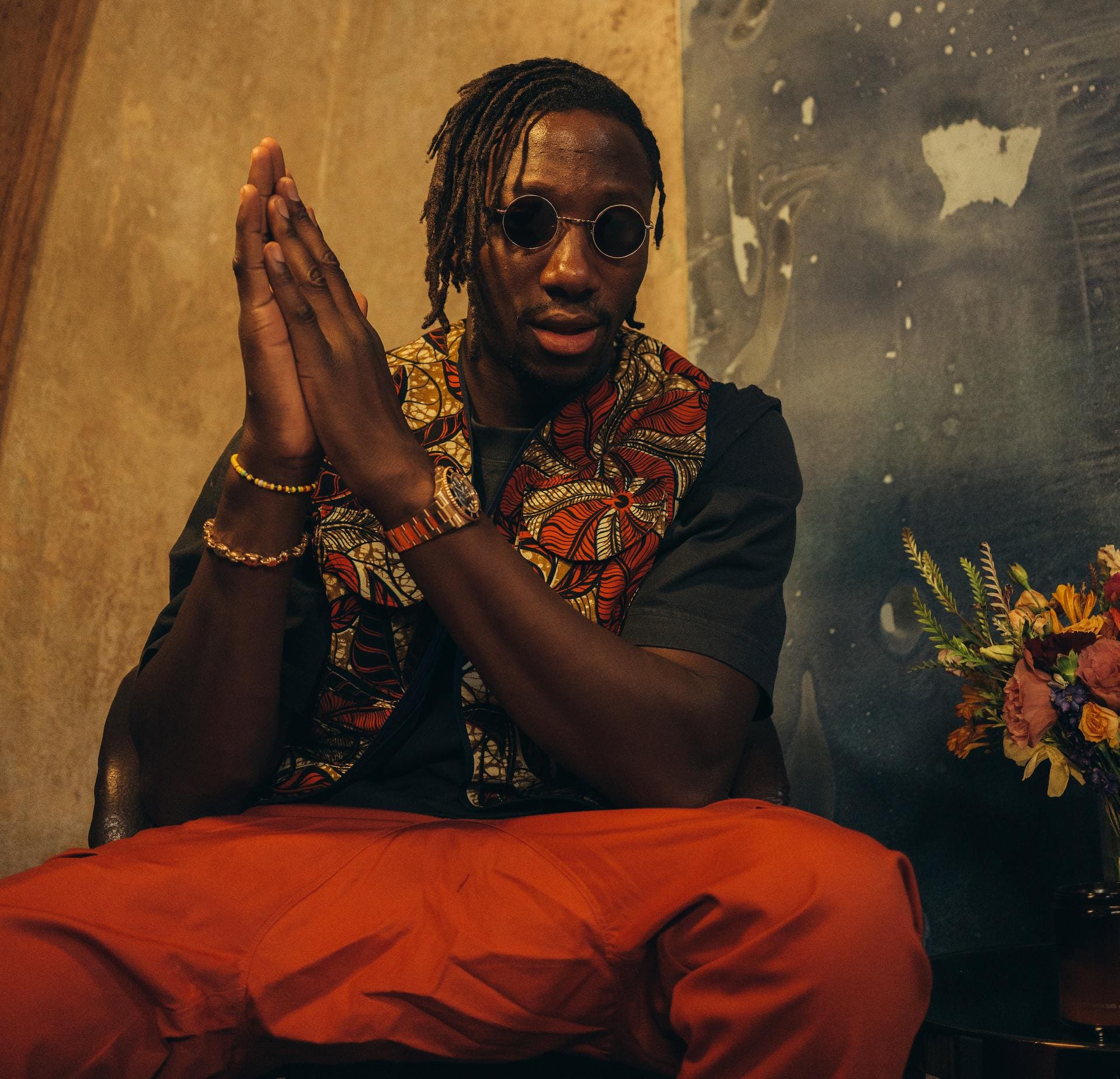
Hubert Ameme Sodogandji, known mononymous as AMÉMÉ, is an Afro-infused deejay and producer. The tastemaker has been championed by iconic sound designer Black Coffee since 2019. The New York-based and Benin-born artist released “Batonga” on Friday, May 26, which showcases his cultural heritage reinvented for the electronic music space.
Within the track, audiophiles can hear African drums, traditional Beninese chats, electric synths and more. Ameme Sodogandji was exposed to a variety of genres from an early age such as old French classics and all types of African music including Ndombolo from Congo, Coupe Decalé from Ivory Coast, Zouk from Martinique and Afrobeats from Nigeria. In addition, the artist occasionally samples his mother’s vocals, which he did in ‘Kaleta.” The song evokes a carnival atmosphere and is named after a holiday tradition in Benin where children dress up in costumes and masks and fill the streets. Certainly, he boasts a rich culture that is full of rhythm that is integrated into everyday celebrations and traditional rituals.
Ameme Sodogandji has spent the past decade splitting his time between Brooklyn and Berlin, allowing him to carve a space between the two important dance music hubs. The One Tribe Records party-turned-label and fashion brand began at the renowned Brooklyn-based House of Yes. It is here where he throws acclaimed Afro-house parties that include performers, creating an immersive experience. In addition, he has released records on top imprints such as Armada, Crosstown Rebels and Saved. He has also been supported by well-respected producers Damian Lazarus, Diplo and RÜFÜS DU SOL.
His music is making an impact on the scene with impressive slots at Coachella 2022 and Burning Man. He also had his own Mixmag Lab performance in London in 2022. Additionally, he boasts a 3-track EP dubbed Power. Last year, he was brought on as the audio ambassador and musical director for Hugo Boss’ rebranding launch event in Dubai, and he was front row at the Louis Vuitton fashion show at Art Basel Miami 2021. Indeed, Ameme Sodogandji proves to be a notable artist within the Afro-house music space.
Here, Ameme Sodogandji shares the inspiration behind “Batonga,” the biggest hurdle he has faced in life, One Tribe Records and more.
Lisa Kocay: Can you describe your sound in three words?
Hubert Ameme Sodogandji: “I’ll say dynamic, progressive and unexpected.”
Kocay: What was the inspiration behind “Batonga”?
Ameme Sodogandji: “If you follow a little bit of most of the releases that I’ve done within the last two years, I’ve always tried to incorporate some of my cultural backgrounds into it. Going back to like ‘PATCHIDO,’ [and] ‘Kaleta,’ I use my mom’s vocals in there. ‘Batonga’ is also inspired by my culture. It’s actually a traditional chant from back home that I literally try to reinvent within the electronic music space.”
Kocay: You take your inspiration from numerous different genres of music, but what stuck out to me most is that you’re inspired by the ancient art of voodoo in your music. Can you talk about how that plays a role in it?
Ameme Sodogandji: “I come from Benin, the birthplace of voodoo, actually. I was born and raised Catholic, but obviously when you’re from Benin, because it’s such a prominent thing, you know about it—not just about the rituals but more about all the traditional chants [and] dancing that comes along with it, all the festivities that come along with it. It’s kind of a tradition that I don’t necessarily follow, but I’m proud of it because it’s for my country. There’s a lot of drums in there. There’re a lot of chants and white noises, and it gets very…at times it has different impacts. So there are chants that are very sonically positive, loud and exciting. There are chants that are maybe a bit more sorrowful and there are different types of drums: high drums, [etc.]. So depending on what the purpose of the song that I’m working on is, I make the decision to go toward a very specific direction.”
Kocay: Can you talk about why you started One Tribe Records?
Ameme Sodogandji: “When I first started deejaying, obviously, I didn’t know anybody in the industry that was in New York, so it was always going from one private event to the other or private parties at my friend’s place or on my roof and stuff. So it took me some time to kind of get to a place where I could actually start playing proper gigs. I was also doing my research because I knew if I wanted to be a deejay, I would also want to release music [and] do it in its entirety. I was never the guy to do things halfway, so I was already thinking what does the highest level of deejaying look like? I visualized it, but then I also understood early that I would also have a lot of roadblocks. Then I got a little opportunity to start playing [at] House of Yes, which is also a very important part of my story because the shows [at] House of Yes were some of the first established shows that I started playing.
“I thought earlier that it would be great for me to create a platform where the type of music that I play…I [was] thinking about producing [and] could be recognized, promote that sound and represent that sound. I had a hard time finding gigs at places because people [were] like this sound is too progressive.
“So when I had the opportunity, obviously, I spoke to [an employee] of House of Yes [saying], ‘I would love to start something inspired from an African angle. I know that you are all about creating stories.’ He gave me a shot and we started with the parties first.
“We would add dynamic, theatrical elements into it, like performers, drums, dancers. That’s what House of Yes does. So they definitely did help us put it together. Down the line, we were growing, and at some point, I went through the same roadblock. I moved to Berlin to work on my music production for a whole year. Then after, I was sending my music to a bunch of different labels, but nobody was signing the tracks. I was like, ‘Okay, I guess I’m going to have to do the same.’ So I obviously started with research and started One Tribe Music Records.”
AMÈMÉ has been drafted into the Jamie Jones camp.
Kocay: Black Coffee supports your music. What has that been like for you?
Ameme Sodogandji: “Black Coffee is definitely one of those legends that I look up to. Two years ago, for the first time, I was able to play with him twice in a row in Tulum. That was definitely a breaking point. You spend so much time looking up to someone, and he’s kind of the highest level of what you want to accomplish. You play with him, he recognized your sound, the way you play.”
Kocay: You studied to be a doctor and you even worked in banking. What was that transition like for you?
Ameme Sodogandji: “I studied biology and chemistry my whole life, really. I came here to get into a [medical] school. I started a pre-med program and two years after, I decided to quit because I was partying too much. Looking back at it, I had friends, obviously…you have to make doctor friends and stuff like this. I have doctor friends, and they’re, like…I remember one guy told me it’s great to be a doctor. ‘You’re a smart guy, you probably are going to make good money, but then guess what? Your wife and your kids are going to be the ones that enjoyed it.’
“I was like, ‘I can’t do this.’ I switched to finance because my dad was a banker, so that was the next thing in line for me. I worked in banking for seven years. Honestly, I’m very grateful that I did that because that also allowed me to have a better understanding of how to run a company, which is how I [use] my structure nowadays. It was great. I learned a lot that allowed me to become very disciplined, and to be a self-starter because I worked in two different companies. I worked in a bigger firm and a smaller firm to the bigger firms. They taught me how to follow rules and be super disciplined. The smaller firm showed me how to be a self-starter and find ways to get a solution.”
Kocay: What has been the biggest hurdle you’ve had to overcome in life and how did you conquer it?
Ameme Sodogandji: “I have had a lot of challenges, but I think one of the biggest hurdles was to kind of start from zero a couple of times. As an example, I moved to America and I didn’t know anybody. Then, I built something and then I got fired a couple of times from jobs, which is quite interesting. When I look back at it, if I didn’t get fired, I wouldn’t be here today. So it [went from] from getting fired from working in a retail store, and then I’m like, ‘I need to find a job.’
“Then my friend was like, ‘I know this bank that’s hiring and I know you studied math, so maybe I can refer you.’ I get that job, and then I get a promotion there. I worked seven years in the industry, and then one day, I get a new boss and then I was on the red list. Six months after, I was fired. I’m like, ‘What am I going to do?’
“I was deejaying on the side. Then people were like, ‘Yo, dude, you should [try this]. This is dope.’ Then I’m like, ‘I’m going to try it out.’ I was 27 back then.
“But it was hard. It was like eight years of living by means, traveling, sleeping on couches, going to Berlin sometimes, not having a place to stay. Then people [were] like, ‘Keep going. Hustle.’
“When I look back at it, you have to start over so many times. But that’s kind of what brought me here—[you have] to have resilience.”
